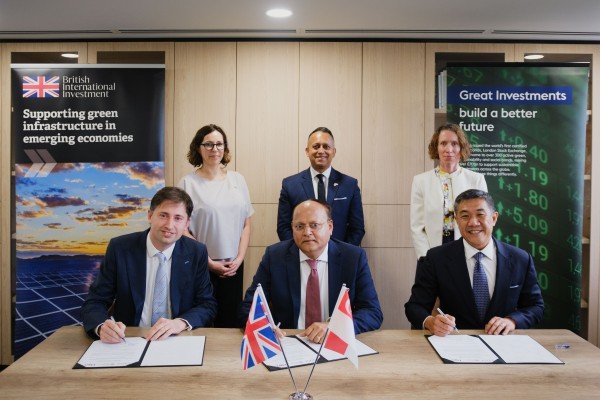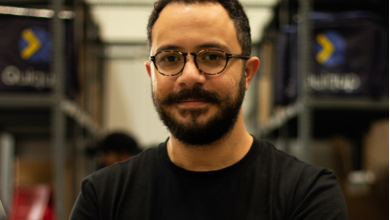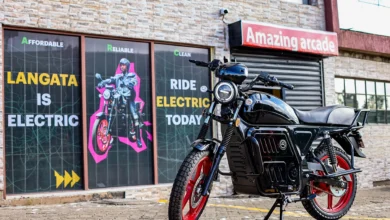For renewable assets in Southeast Asia, SUSI Partners raised $139 M from BII and FMO

For its Southeast Asia-focused strategy, Swiss fund manager SUSI Partners has raised an additional $139 million in investor capital, bringing its total size to $259 million.
In a statement released on Wednesday, the company stated that significant new commitments from Dutch entrepreneurial development bank FMO and British International Investment (BII), the UK’s development finance organization and impact investor, were the primary drivers of the capital raise.
Through top-up commitments to the SUSI Asia Energy Transition Fund (SAETF) and co-investment commitments to Sustainable Asia Renewable Assets (SARA), a recently launched utility-scale renewable energy platform, SUSI has obtained $70 million and $50 million from BII and FMO, respectively, the statement said.
SUSI has more than doubled the size of its Southeast Asia-focused strategy from $120 million to $259 million, which is complemented by additional commitments to SAETF from both new and existing investors.
SUSI has been an early participant in the energy transition in Southeast Asia, having established a presence in Singapore since 2019.
Due to robust deal flow and limited partner (LP) demand, SAETF was reopened in 2024 after closing at USD 120 million in 2023.
By the end of SAETF’s fund life, SUSI, working closely with co-investors BII and FMO, hopes to have a portfolio of 500 MW of greenfield renewable energy projects spread across a few Southeast Asian markets through SARA.
The platform’s primary goal will be to get greenfield projects built and operational.
In order to establish a scalable and self-sufficient renewable energy platform, SARA also intends to build its own proprietary pipeline of projects throughout Southeast Asia.
SARA’s primary asset will be the Dam Nai wind farm in Vietnam, which SUSI purchased on SAETF’s behalf in October 2024.
Utility-scale renewable energy projects, distributed generation, and energy efficiency projects with commercial and industrial clients in developing Southeast Asian markets are the main focuses of SAETF’s current portfolio.
The fund has so far made investments in projects in Thailand, Cambodia, the Philippines, and Vietnam.
According to the International Energy Agency (IEA), Southeast Asia is expected to contribute more than 25% of the growth in global energy demand until 2035 due to its expanding status as a hub for manufacturing and industry.
The climate impact per dollar invested in Southeast Asia’s energy transition is among the highest in the world, considering that fossil fuels have accounted for nearly 80% of the region’s increase in energy demand since 2010.
The Singapore-based staff of SUSI is equipped to handle the unique political, economic, and social traits of Southeast Asian nations.
SUSI Partners stated that it is still committed to allocating institutional capital to the development of energy transition infrastructure in the region in collaboration with its clients, given the region’s significant potential for climate mitigation, the positive economic outlook, and the advent of supportive policy frameworks.





